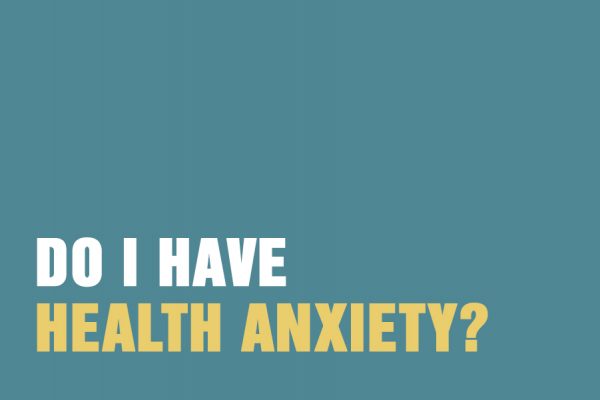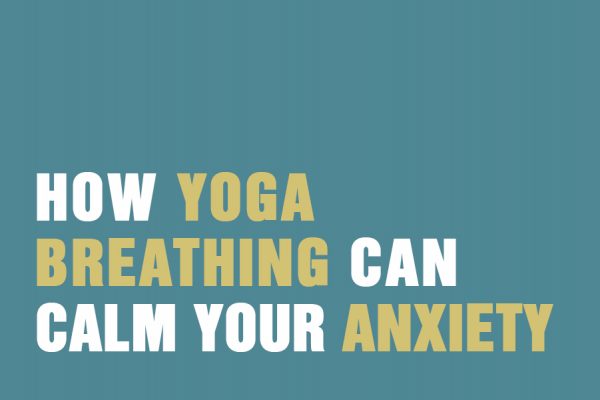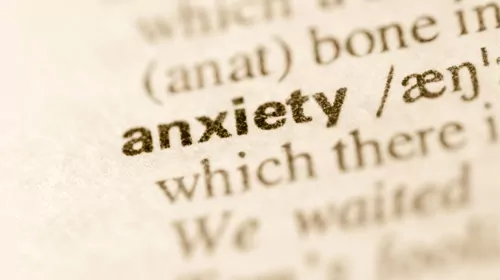What is Health Anxiety?
There are two types of health anxiety; Somatic Symptom Disorder and Illness Anxiety Disorder. Somatic Symptom Disorder is characterised by an extreme focus on physical symptoms such as pain or fatigue, that causes the individual emotional distress and problems functioning. Illness Anxiety Disorder, also known as hypochondriasis, is characterised by excessive worrying that you are or may become seriously ill, despite having no physical symptoms.
Signs and symptoms may include:
- Being preoccupied with having or getting a serious disease or health condition
- Worrying that minor symptoms or body sensations mean you have a serious illness
- Being easily alarmed about your health status
- Finding little or no reassurance from doctor visits or negative test results
- Worrying excessively about a specific medical condition or your risk of developing a medical condition because it runs in your family
- Having so much distress about possible illnesses that it’s hard for you to function
- Repeatedly checking your body for signs of illness or disease
- Frequently making medical appointments for reassurance — or avoiding medical care for fear of being diagnosed with a serious illness
- Avoiding people, places or activities for fear of health risks
- Constantly talking about your health and possible illnesses
- Frequently searching the internet for causes of symptoms or possible illnesses
Anxiety can be a protective mechanism; it keeps us alert to possible dangers around us, and so scanning the body for signs and symptoms of illness, injury, or disease may seem like a sensible thing to do. However, when we are preoccupied with something, we tend to notice it more, and we may notice something that we previously wouldn’t have paid any mind to, and these sensations can become amplified and can even last longer.
Each body scan provides the mind with doubt and uncertainty, and the imagination starts to create stories and scenarios. As you begin to imagine the worst, your body’s alarm system starts to activate in the form of anxiety symptoms – racing heart, tightness in the chest, difficulty breathing, light-headedness, nausea, sweating, headaches, and so on. This gives your imagination more fuel to dramatise and catastrophise what is happening in your body. Suddenly slight light-headedness has turned into what feels like a heart attack. These are real symptoms, but the thoughts are fabricated.
When there is an outbreak of disease or illness around the world, it is easy to get overwhelmed by the amount of media coverage, fearmongering, and health warnings. It is quite common to feel a rise in anxiety at times like this, however, panicking prematurely can give your imagination plenty to work with and will end up making you feel worse.
What are the best ways to cope with health anxiety during an outbreak?
- Take a break from the news. Consider monitoring or even limiting the amount of news and media that you consume. Also, consider where you are getting your news from. Some media outlets tend to dramatise the news much more than others and thrive on fear mongering. Of course, it is important to be vigilant and keep up to date with what is happening with the outbreak but consider where you are getting your news from and how much you are consuming.
- Talk to someone. When we ruminate on something, it tends to get bigger and bigger and bigger until it consumes our every thought. However, when we start to talk our worries out with a loved one, we can make more sense of our worries and they can often be put into perspective. This someone might be a family member or friend, or you might consider talking to a therapist about your health anxieties.
- Stay in the here and now. When we aren’t in the present moment we tend to be worrying about the future or ruminating about the past. Worrying and ruminating can’t change the past or future, but they can ruin the present moment. If your mind starts to wander into anxiety-inducing territory, try focusing on your current environment and mentally take stock of the things and people around you. It is important to stay grounded in the present moment as much as possible. Of course, it is helpful to mitigate our chances of contracting the disease by doing things such as washing our hands and so on, but reminding yourself that as of this moment you are healthy, your family are healthy, and your friends are healthy can be extremely helpful.
- Remind yourself of what you can control. You cannot control how the outbreak spreads, but you can control how you conduct yourself. You can wash your hands, you can avoid places that have high levels of germs such as doctors’ waiting rooms, you can avoid people who are ill, you can get your flu jab, you can take vitamins, and so on. You can take reasonable steps to prepare for an outbreak, but you cannot control the outbreak itself.
- Try to control your mind. If you suffer with health anxiety, your mind will likely spring upon you the automatic through of “I’m going to get ill” or even “I’m going to die”. As soon as you hear this, change the thought to “I’m having the thought that I’m going to get ill/die”. It is important to emphasise the fact that this isn’t a fact, but a thought – it is important to separate the two.
If you’d like professional support for your health anxiety – working with symptoms and strategies, as well as root causes – then give our team a call. We have appointments available seven days a week at our centres in Clapham and Tooting. You can reach us by calling 020 8673 4545 or emailing [email protected].








